Tell us a bit about yourself
My name is Pontus Aspenström and I was born in Stockholm, Sweden, in 1961. My basic education is in biology and I have a Bachelor’s degree from Stockholm University. My PhD project sparked my interest in classical cell biology, in particular the question regarding the role of the cytoskeleton in key biological processes, such as cell migration, cancer cell invasion and metastasis. After defending my PhD thesis at Uppsala University, I went for post-doctoral studies at University College London. After returning to Sweden, I was recruited as a PI to the Ludwig Institute for Cancer Research in Uppsala. After 12 years, I moved with my research group to Karolinska Institutet in Stockholm and was promoted full Professor in Molecular Cell Biology in 2011. For a couple of years, I am back in Uppsala and working as Director for the Biomedical Center at Uppsala University.
What is your role within EATRIS and what does a typical week look like for you?
Since December 2020, I am National Director for the Swedish EATRIS node. I took over from Mats Larhed, who was elected Vice-rector over the Disciplinary Domain of Medicin and Pharmacy at Uppsala University. My role as National Director is a part-time assignment, the role as Director of the Biomedical Center takes up most of my working week. Luckily, I also have some time left for research on projects focused on using the analysis of cytoskeletal organisation and dynamics in the diagnostics of two aggressive, but rare, cancers: malignant mesothelioma and glioblastoma. I have a small group consisting of a couple of students and post-docs. A typical week, which has not been typical for a long time because of the Covid-19 situation, follows a simple scheme: I spend most mornings with my research group. The rest of the day, I work at the Biomedical Center, which also hosts EATRIS Sweden.
What has been the highlight of your EATRIS experience so far?
A lot of the time during my initial year has been spent on securing continued support for the Swedish EATRIS node. This is now achieved and must be considered one of the highlights. So far, all interactions with C&S and with the other national nodes have been over Teams or Zoom. The upside is that we can avoid unnecessary travelling but the downside is that you don’t get to know your fellow EATRIS members. I sincerely hope this will change sometime soon.
What is translational research for you?
To be honest, I have little experience in translational research since I am an old school cell biologist very much fond of basic research. However, my research focus has shifted slightly over the last couple of years, and we are now in a position where we can use our knowledge on cytoskeletal regulation in cancer diagnostics. In this work, we have started to collaborate with pathologists, as well as, other categories of clinicians. In my view, this is an important aspect of translational research.
Why did you decide to work in the translational medicine field?
In my own research, I am happy that I have found a way to contribute with my basic knowledge experiences to clinical practice. So obviously, the translational aspect of my work has appeared late. My role as National Director is more focused on identifying interactions between academic research, research infrastructures and industry. This is very different from my research experience and quite challenging. I feel that, for me, this work has just started and I am looking forward to developing and consolidating this work over the coming years.
What advice would you give your younger self?
I have never had a clear strategy for my career. Most of my career steps were taken without a clear strategy and relied more on random decisions. Even if this sometimes led to situations, which at first sight appeared as dead-ends, still at the end offered solutions to problems that appeared unresolvable. Therefore, I would like to say to my younger self, do not be afraid; there will always be a way out. The only thing I would strongly encourage my younger self would be to start playing the piano at a young age!
What do you like to do when you aren’t working?
I have several “intellectual” interests, such as reading, art and literature. I have recently started to learn how to play the piano, which is quite a challenge at an advanced age. However, it is fun, although quite annoying, because of the ineptitude of my fingers to do what I want them to do. I also like hiking in the mountainous area in Sweden, something I try to do every year.
What would surprise people to know about you?
People get surprised that I am quite knowledgeable in areas outside natural science. The British writer and chemist C.P. Snow talked about two separate cultures: sciences and humanities. I want to embrace both cultures and find ways to integrate them. Maybe this is another aspect of translational research or at least a translational mindset.
















